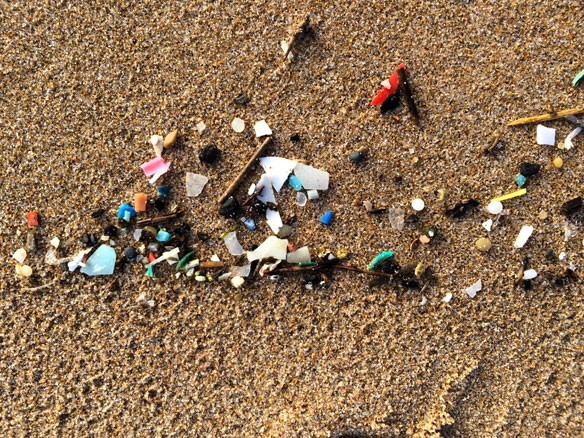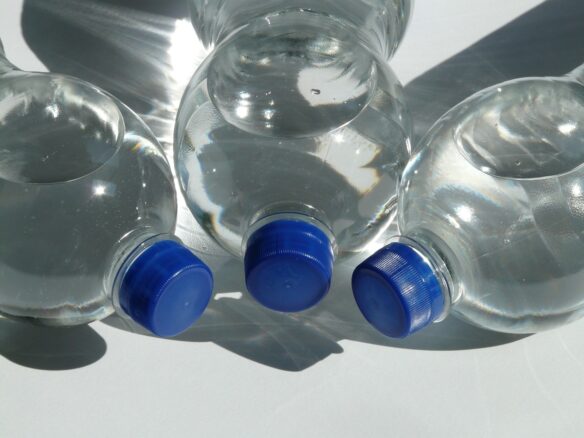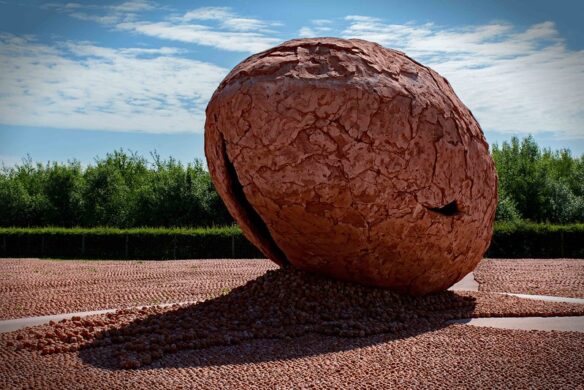
“The unprecedented plastic waste tide plaguing our oceans and shores, can become as limited as our chosen relationship with plastics, which involves a dramatic behavioral change on our part…”
Captions and Photo: © SAF — Coastal Care
Excerpts;
Researchers have found that larval fish exposed to microplastic particles during development displayed changed behaviors and stunted growth which lead to greatly increased mortality rates.
The researchers discovered that larval perch that had access to microplastic particles only ate plastic and ignored their natural food source of free-swimming zooplankton…
Read Full Article, Science Daily (06-03-2016)
Fish eat plastic like teens eat fast food, researchers say, BBC News (06-02-2016)
Young fish become hooked on eating plastic in the seas in the same way that teenagers prefer unhealthy fast food, Swedish researchers have said…
People may be breathing in microplastics, health expert warns; Guardian UK (05-10-2016)
People could be breathing in microparticles of plastic, according to a leading environmental health expert, with as yet unknown consequences on health…
Plastic Contaminates Ocean Sourced Table Salt, Scientific American (10-30-2015)
When researchers analyzed fifteen brands of common table salt bought at supermarkets across China, they found among the grains of seasoning micro-sized particles of plastic. The highest level of plastic contamination was found in salt sourced from the ocean…
An ocean of plastic: Magnitude of plastic waste going into the ocean calculated, UCSB Current
Here’s How Much Plastic Ends Up In the World’s Oceans,The Time (02-13-2015)
Every year, 8 million metric tons of plastic end up in our oceans, it’s equivalent to five grocery bags filled with plastic for every foot of coastline…
Biodegradable Plastics Are Not the Answer to Reducing Marine Litter, UN News Center (11-23-2015)
Collecting plastic waste near coasts ‘is most effective clean-up method’, Guardian UK (01-19-2016)
The most efficient way to clean up ocean plastics and avoid harming ecosystems is to place plastic collectors near coasts, according to a new study…









